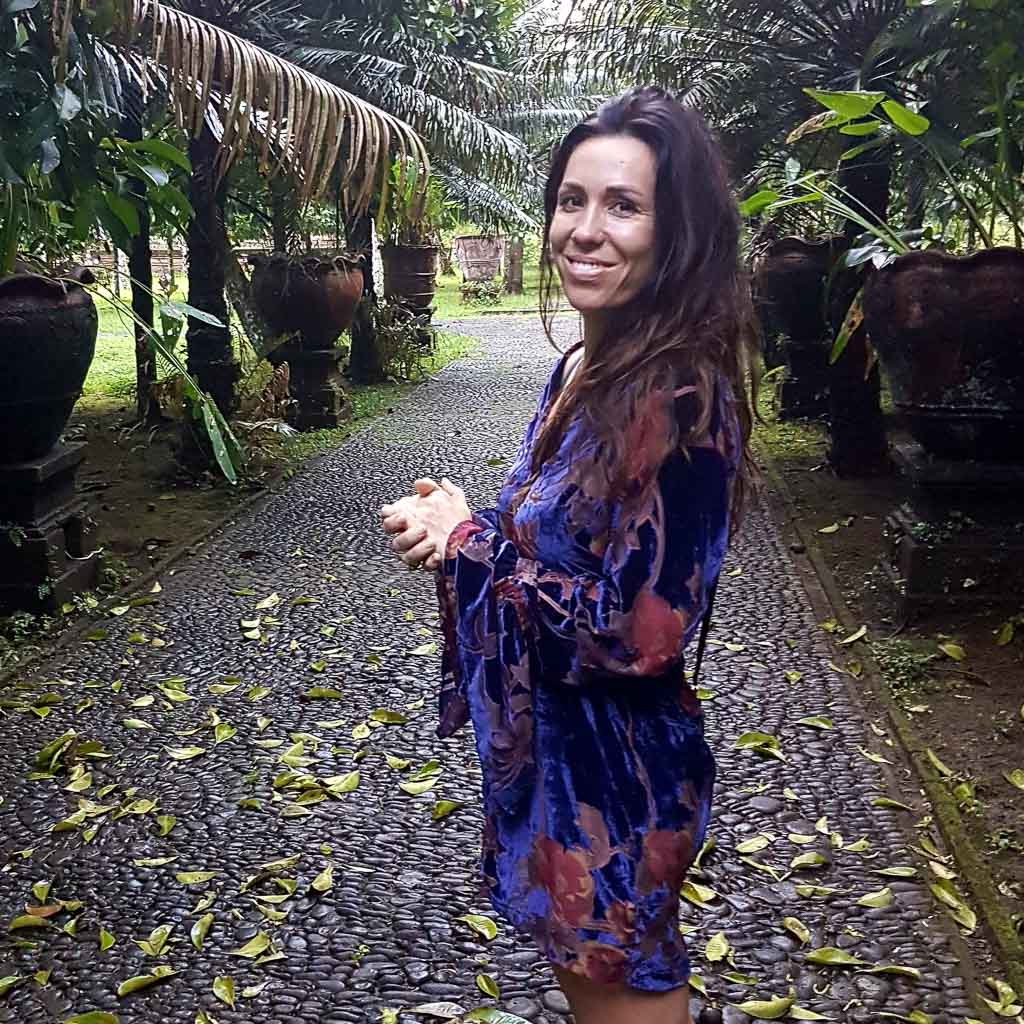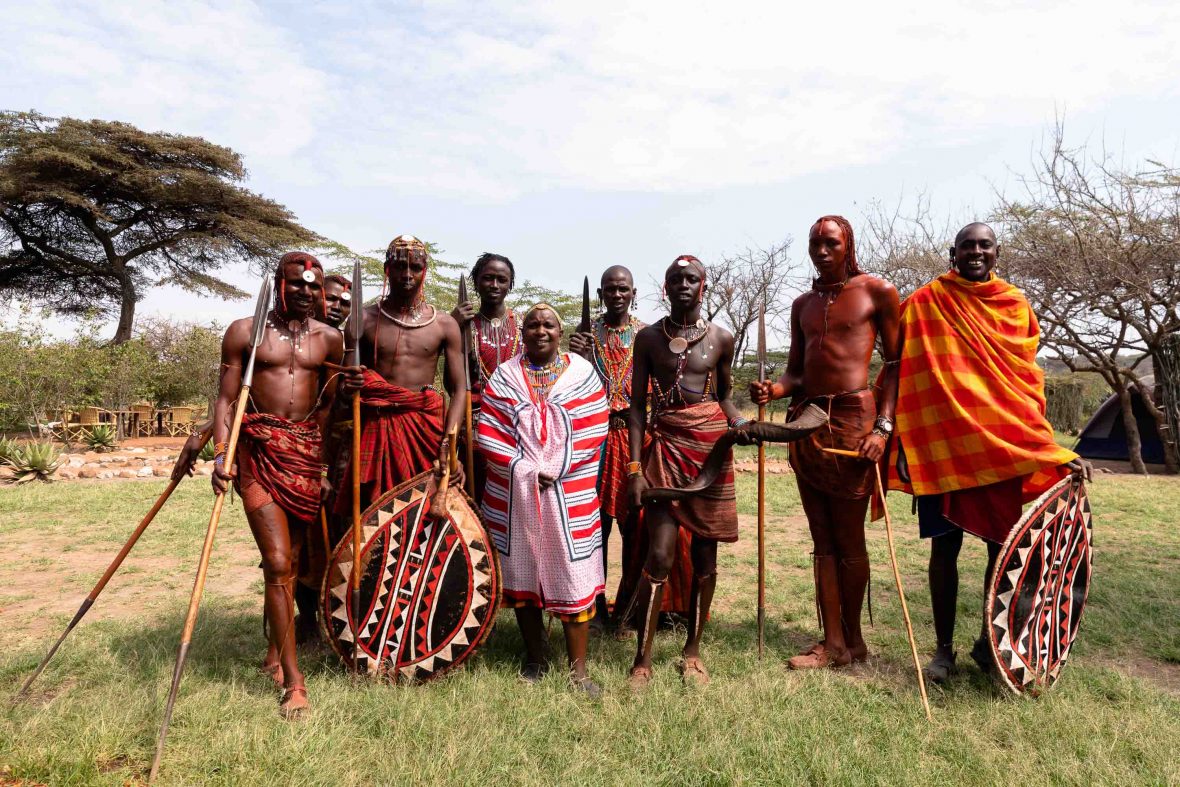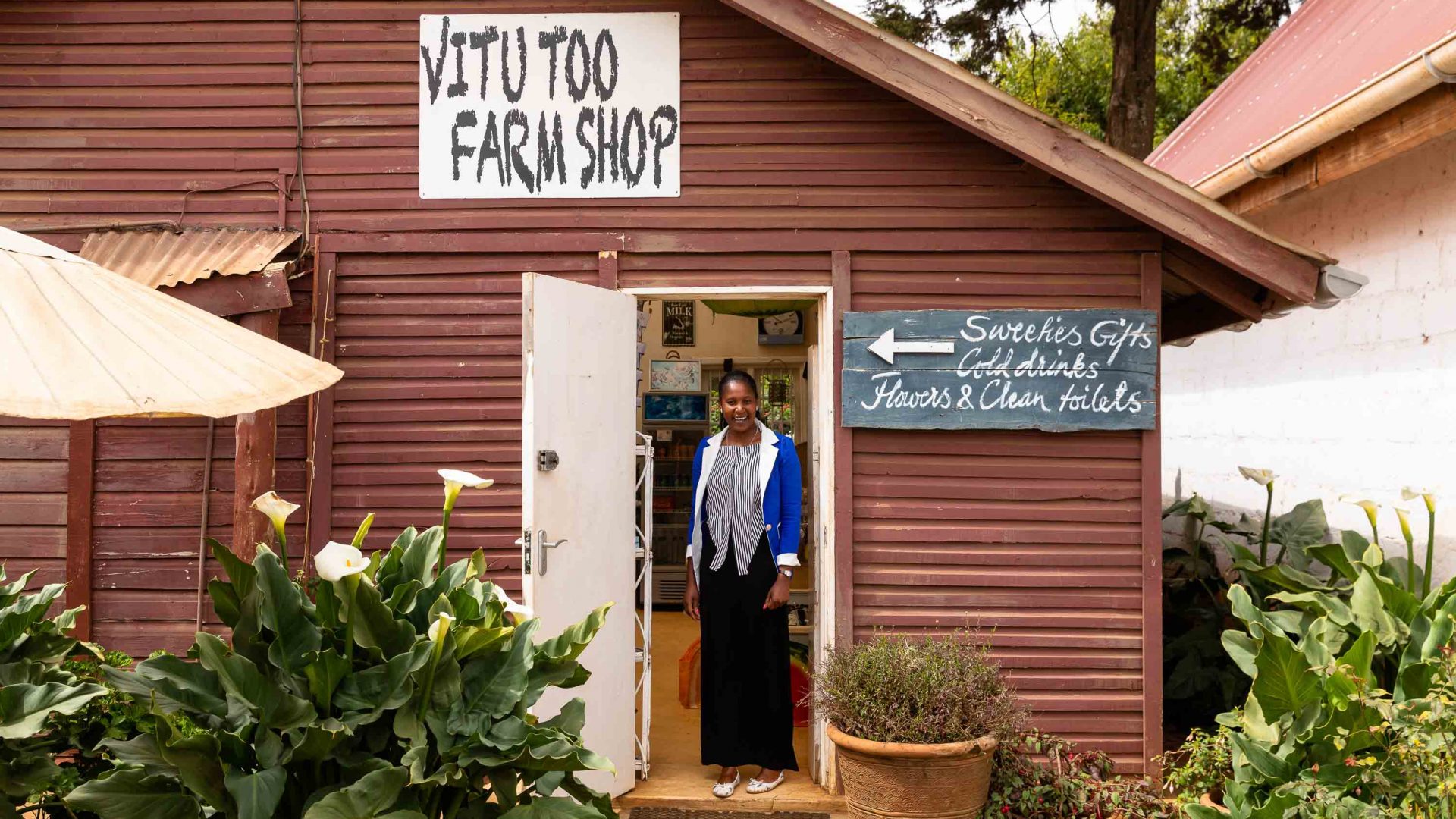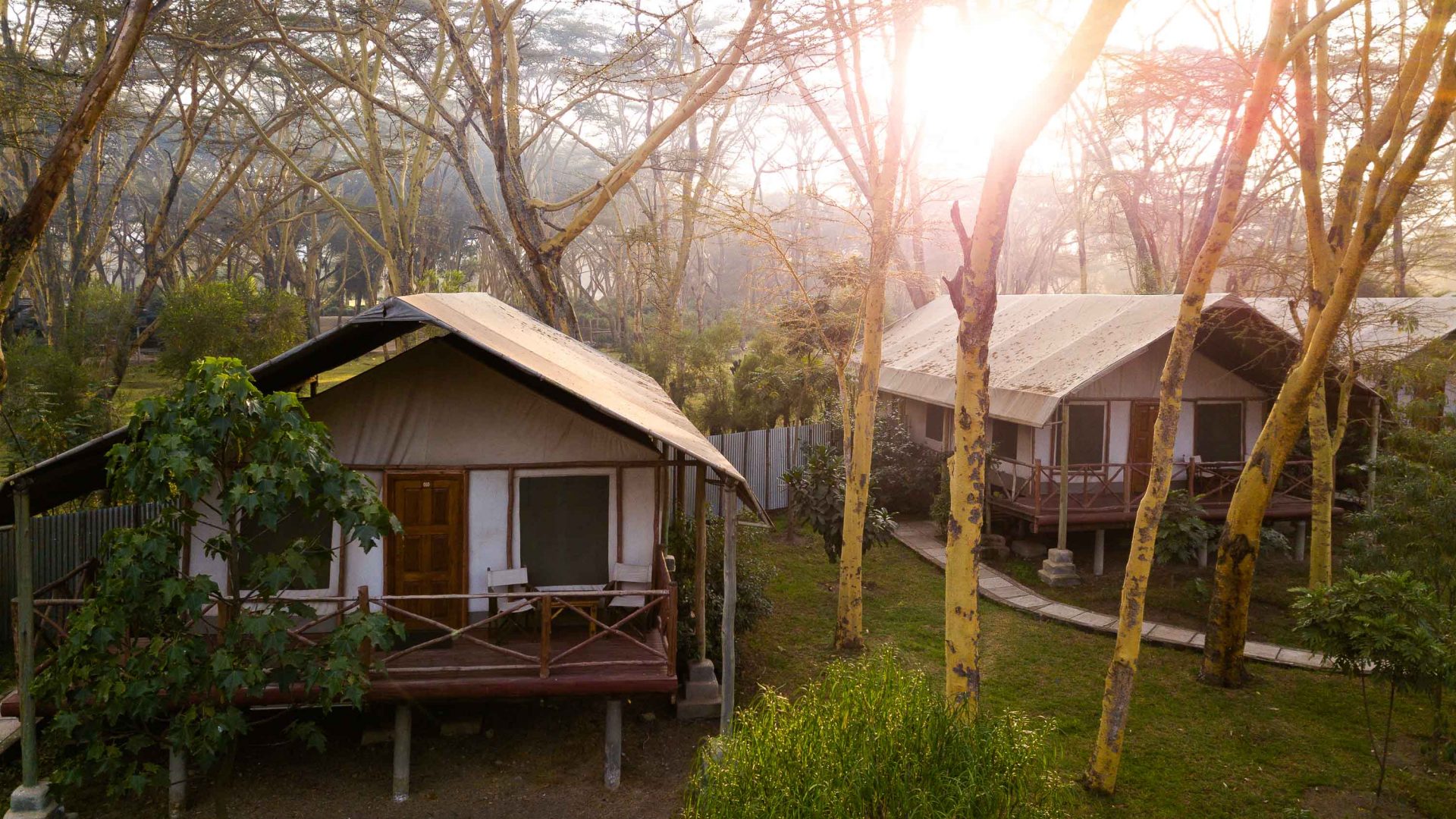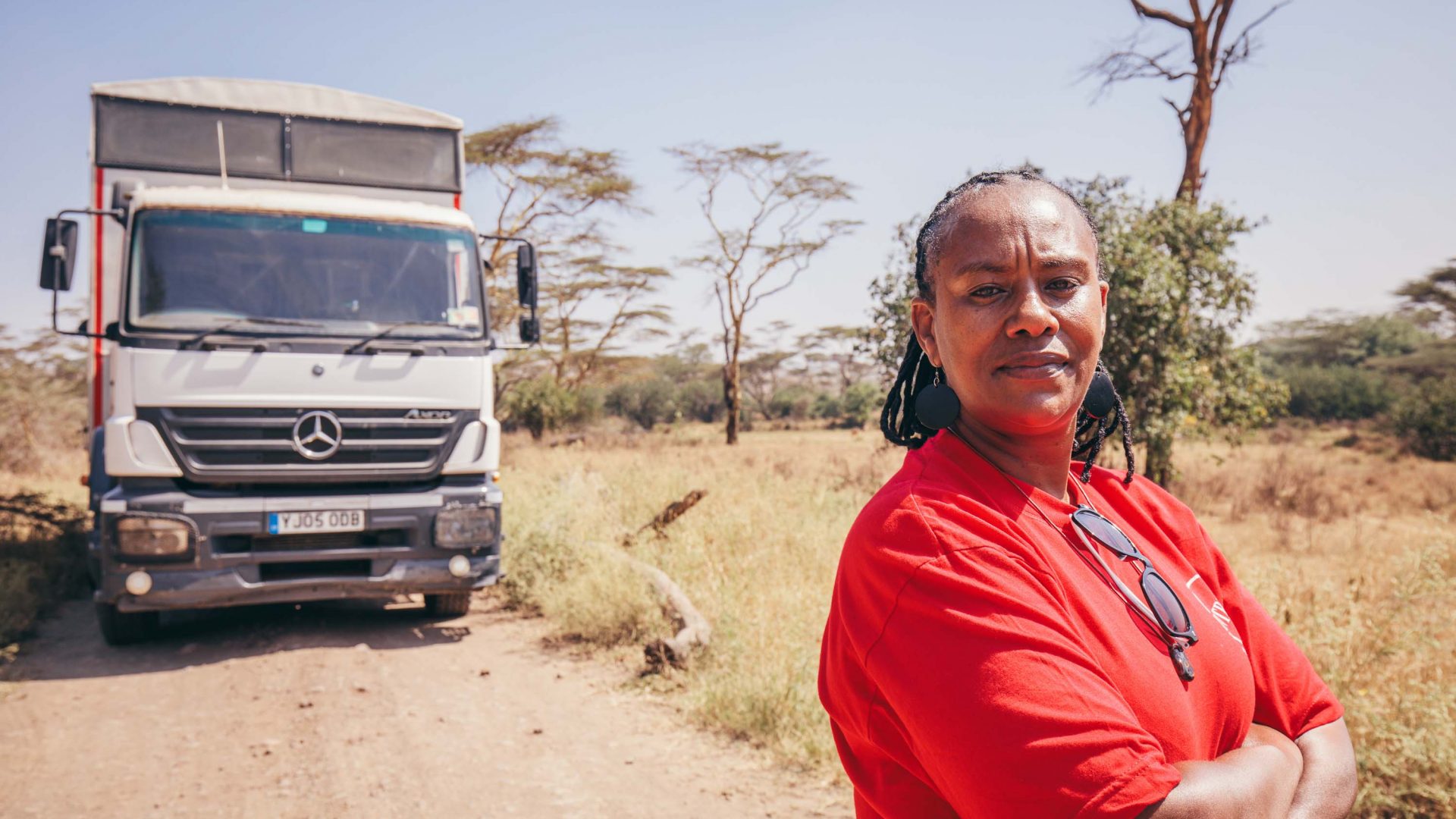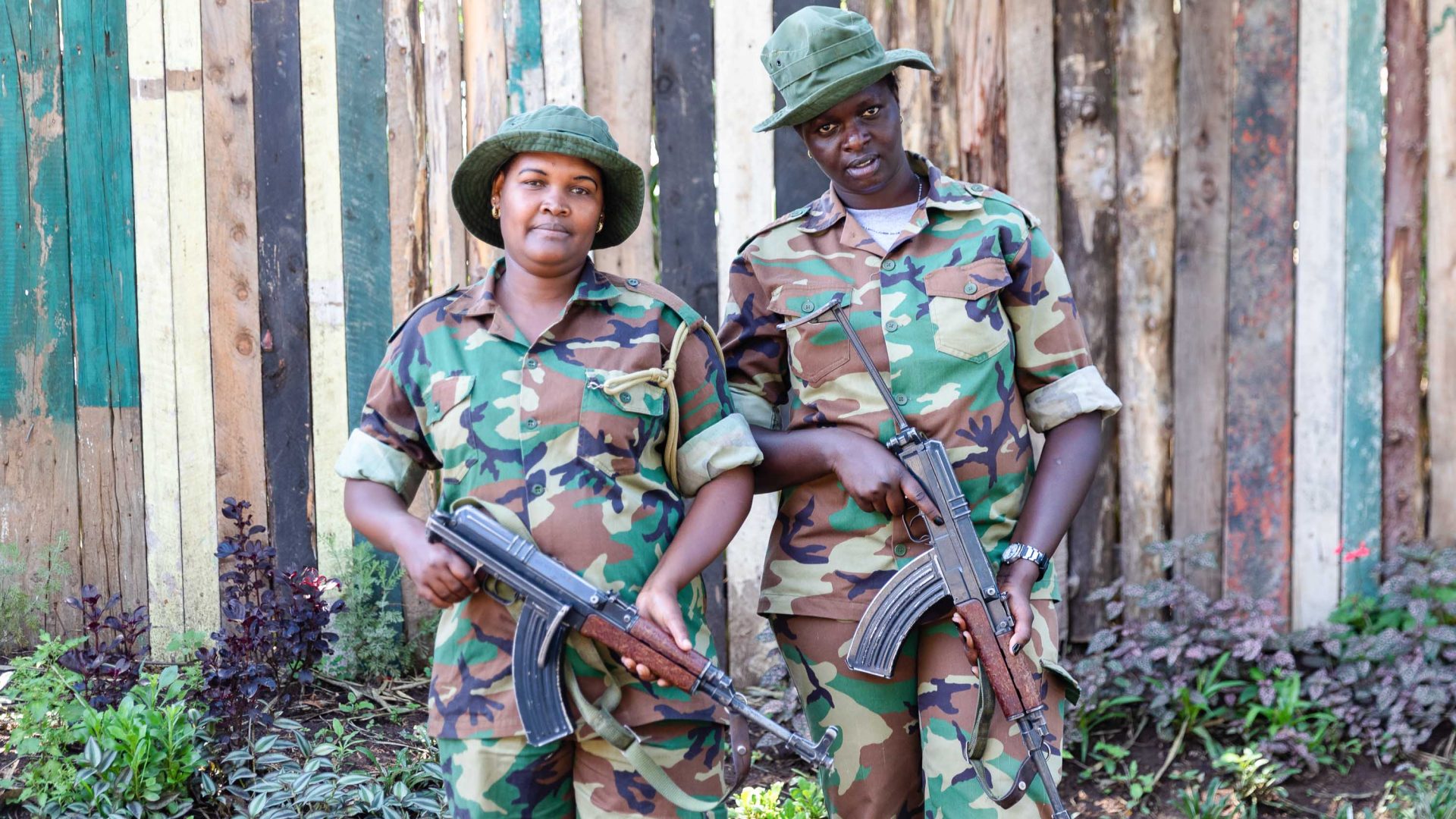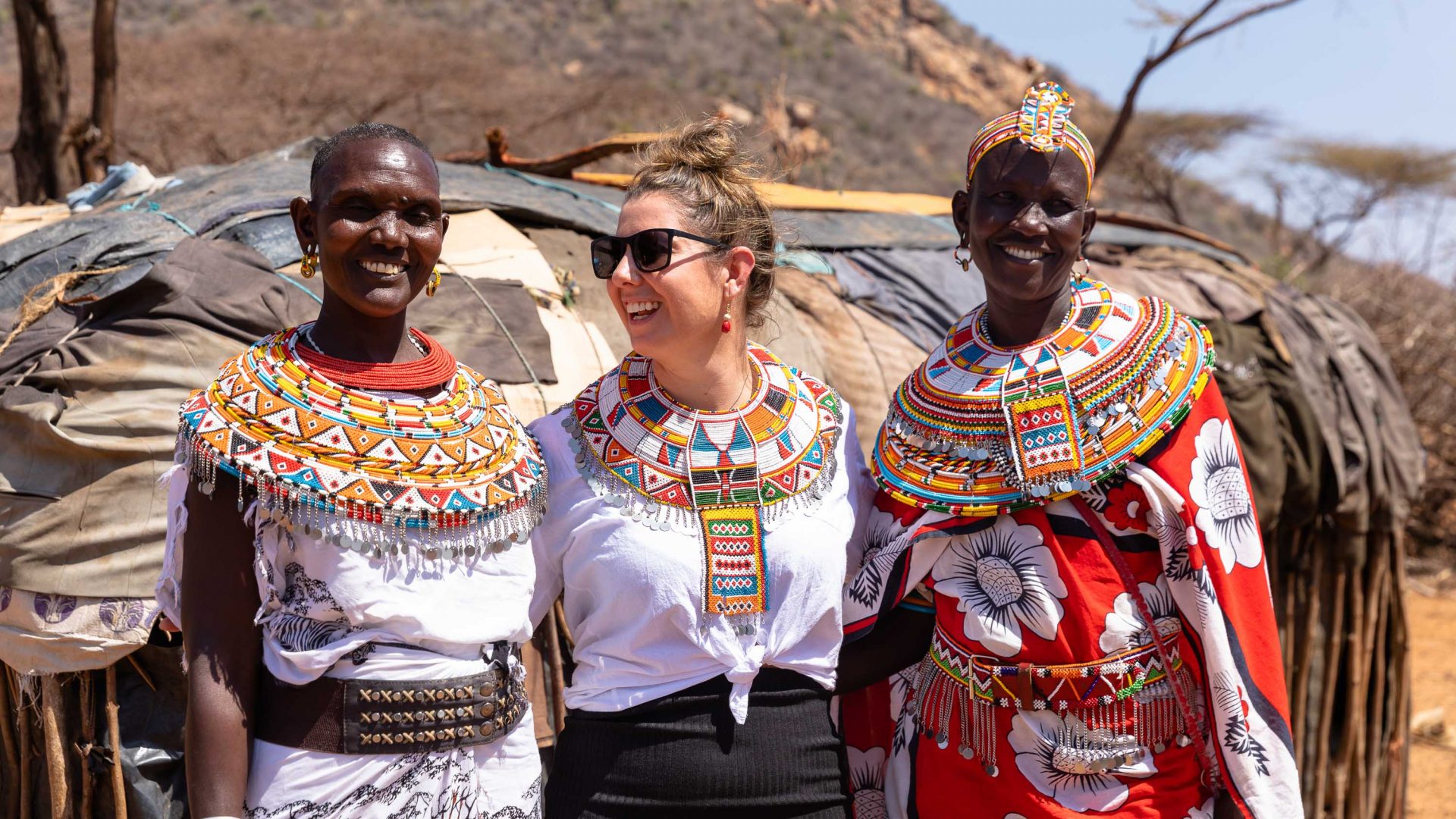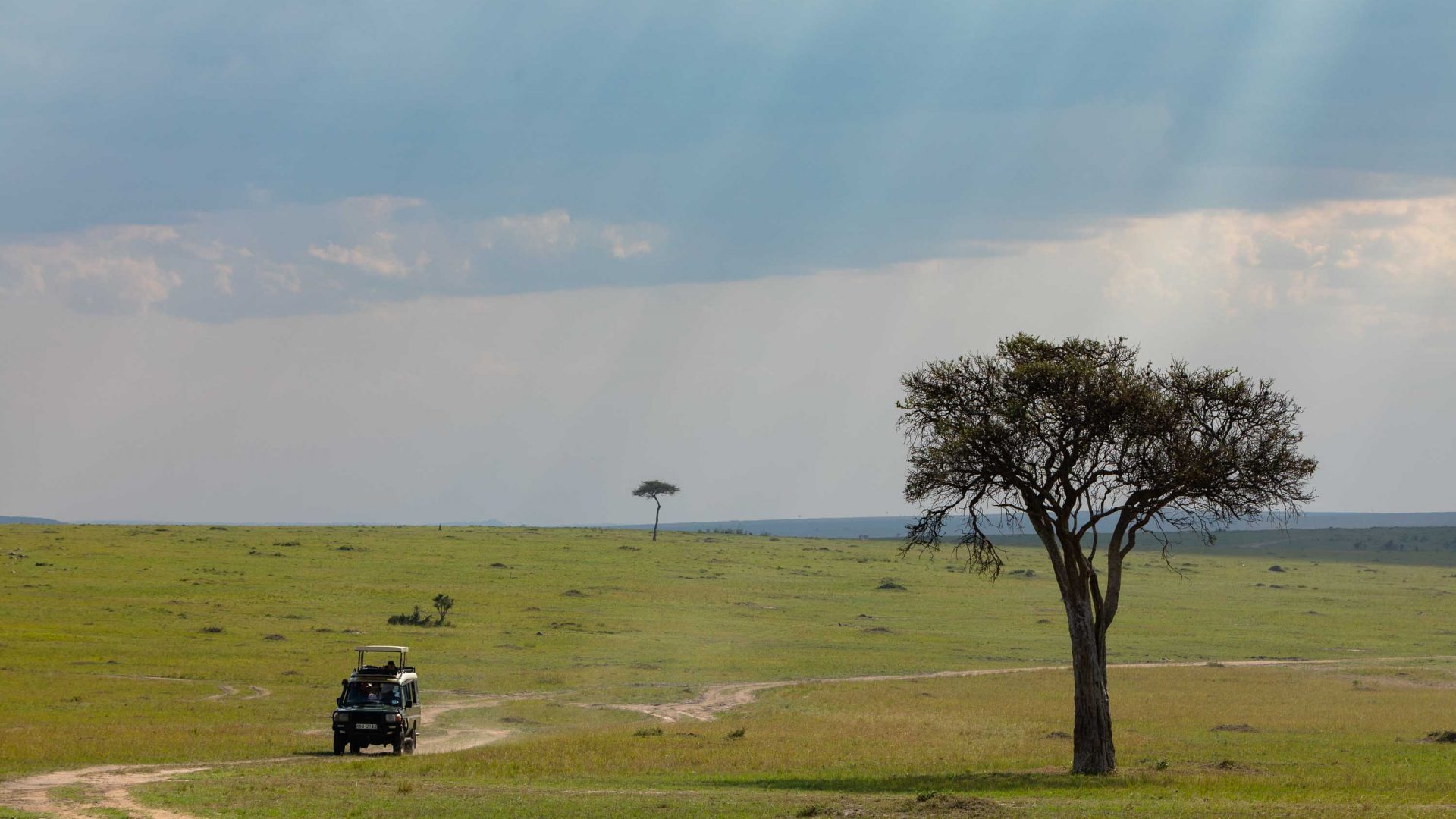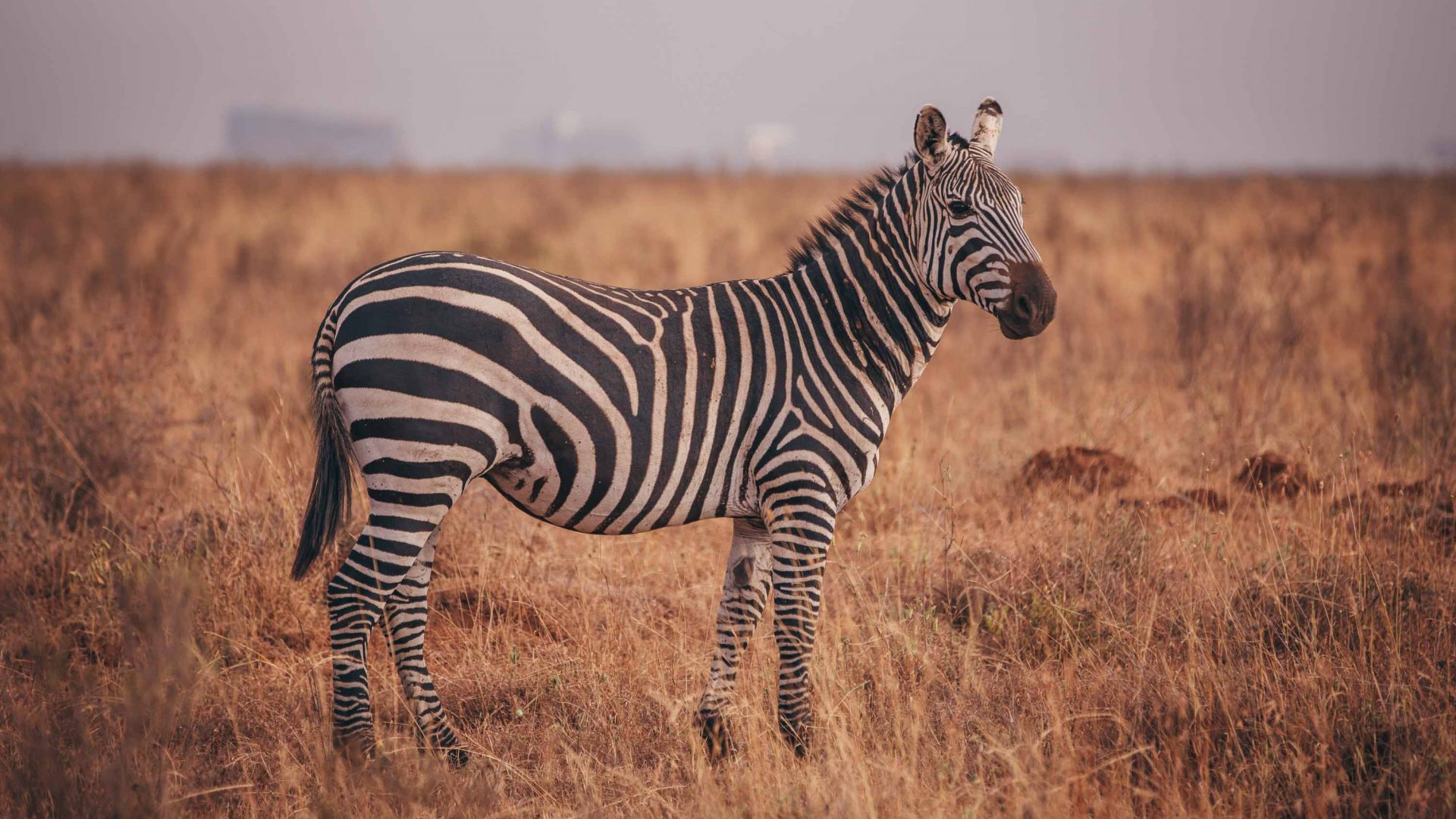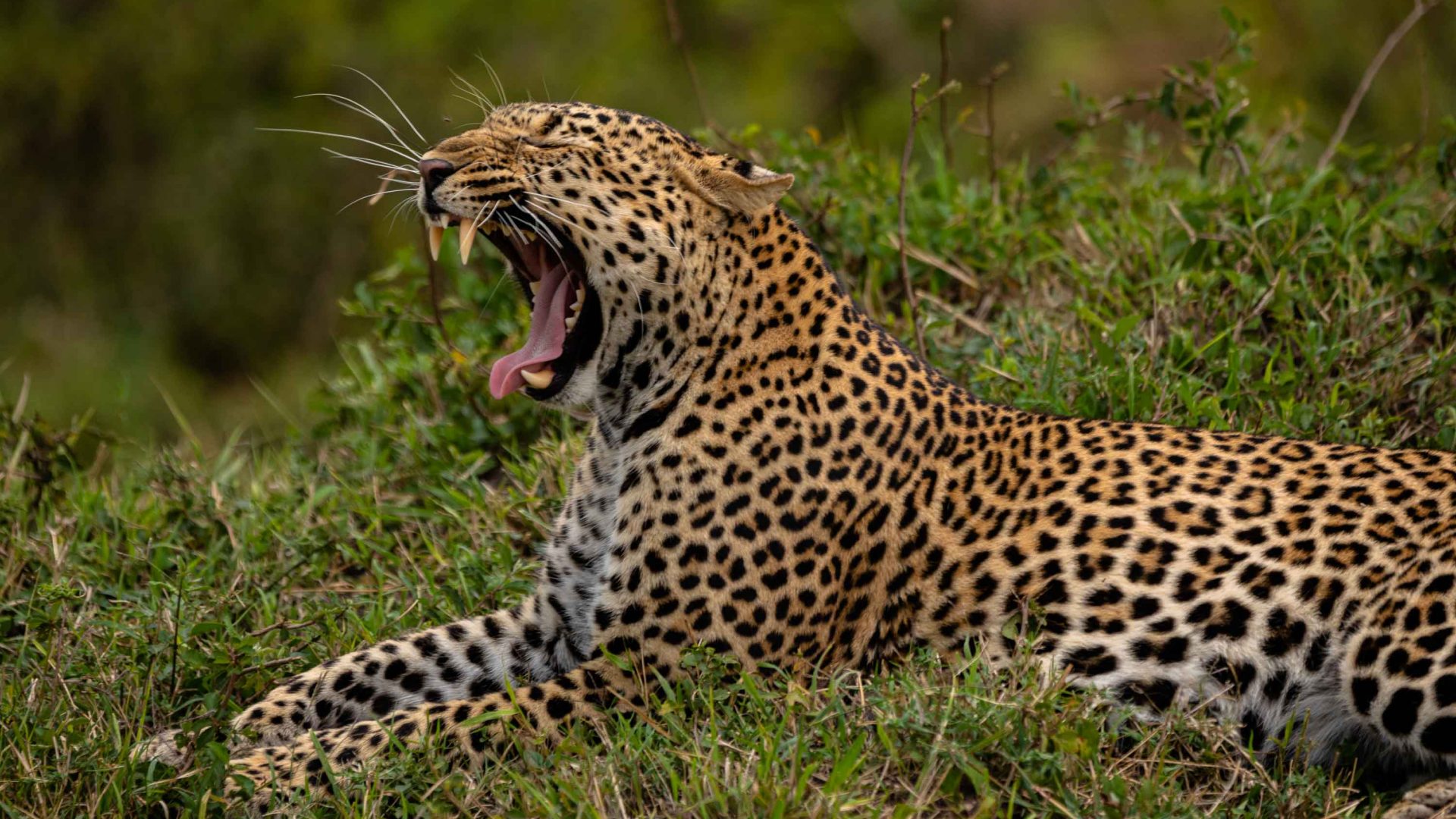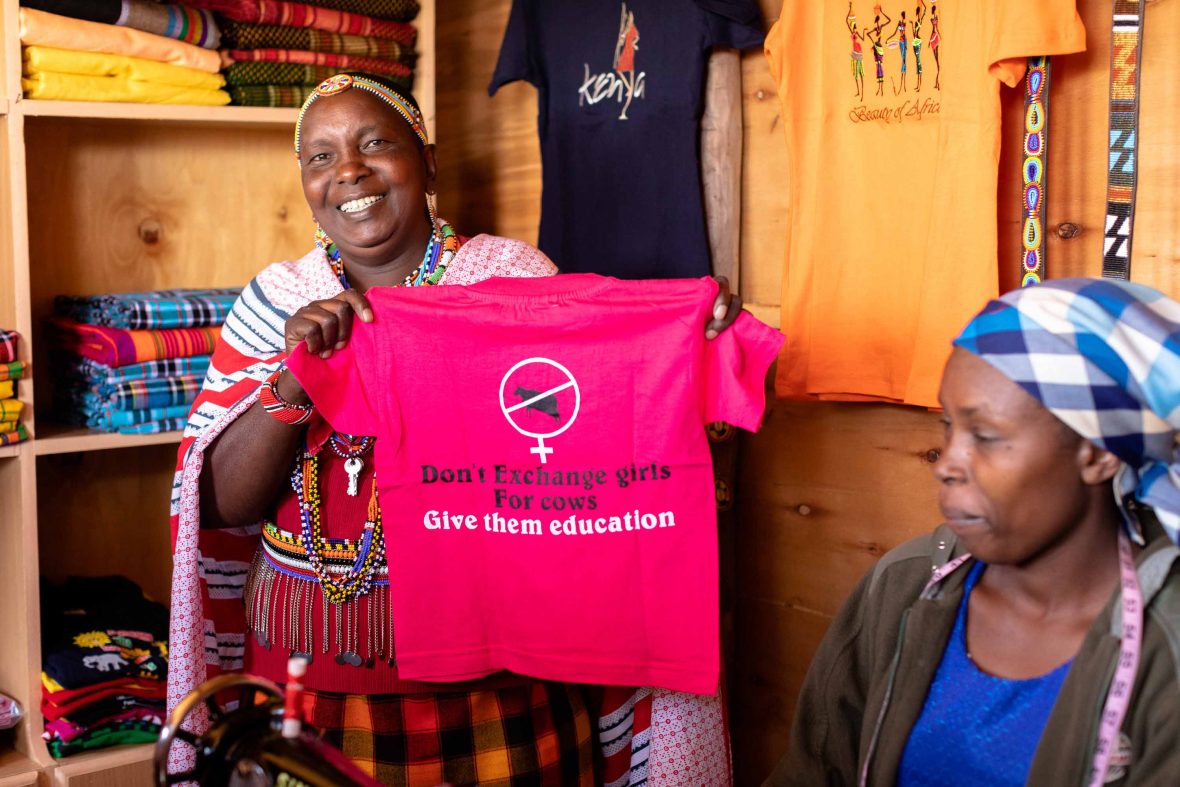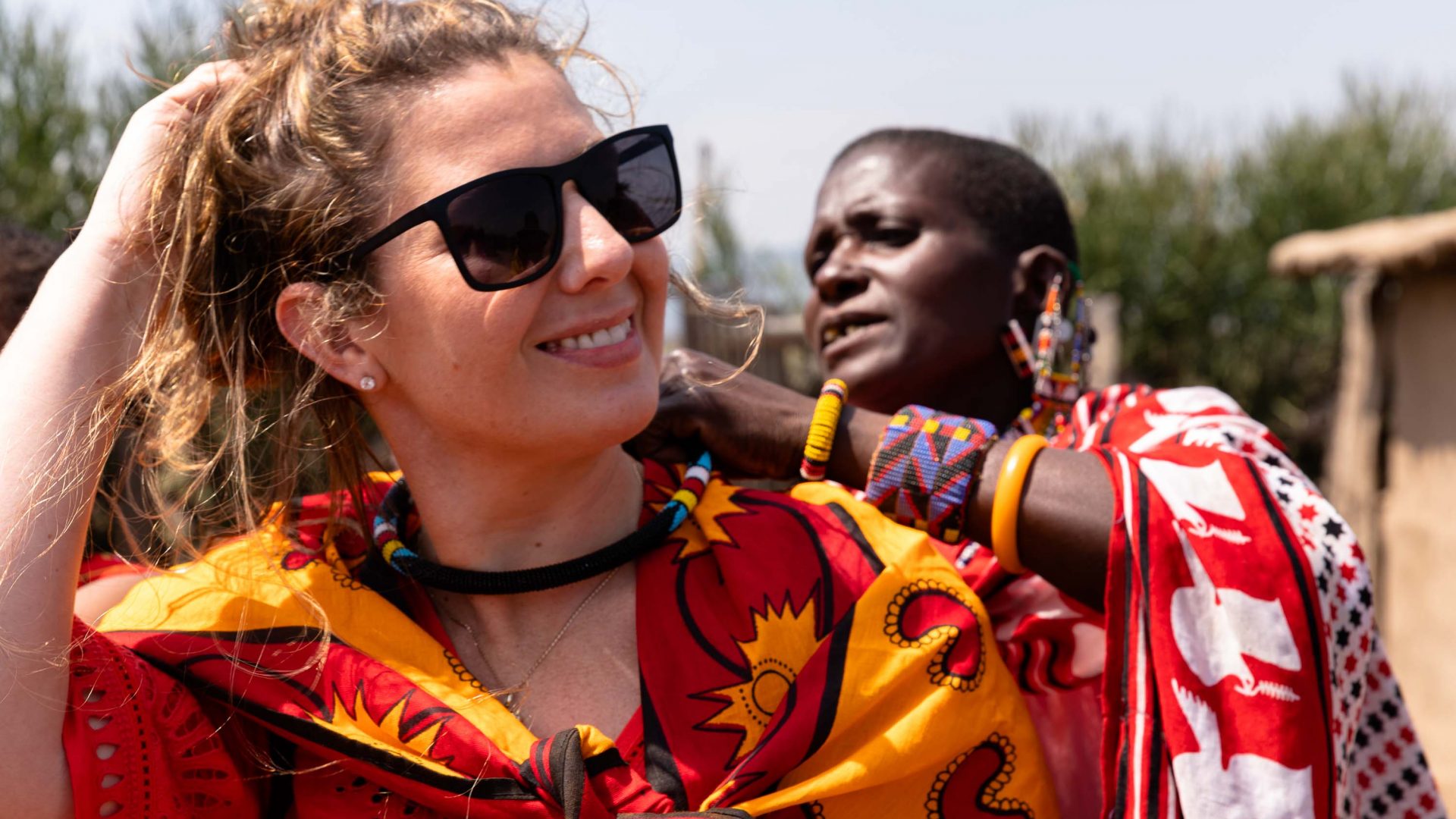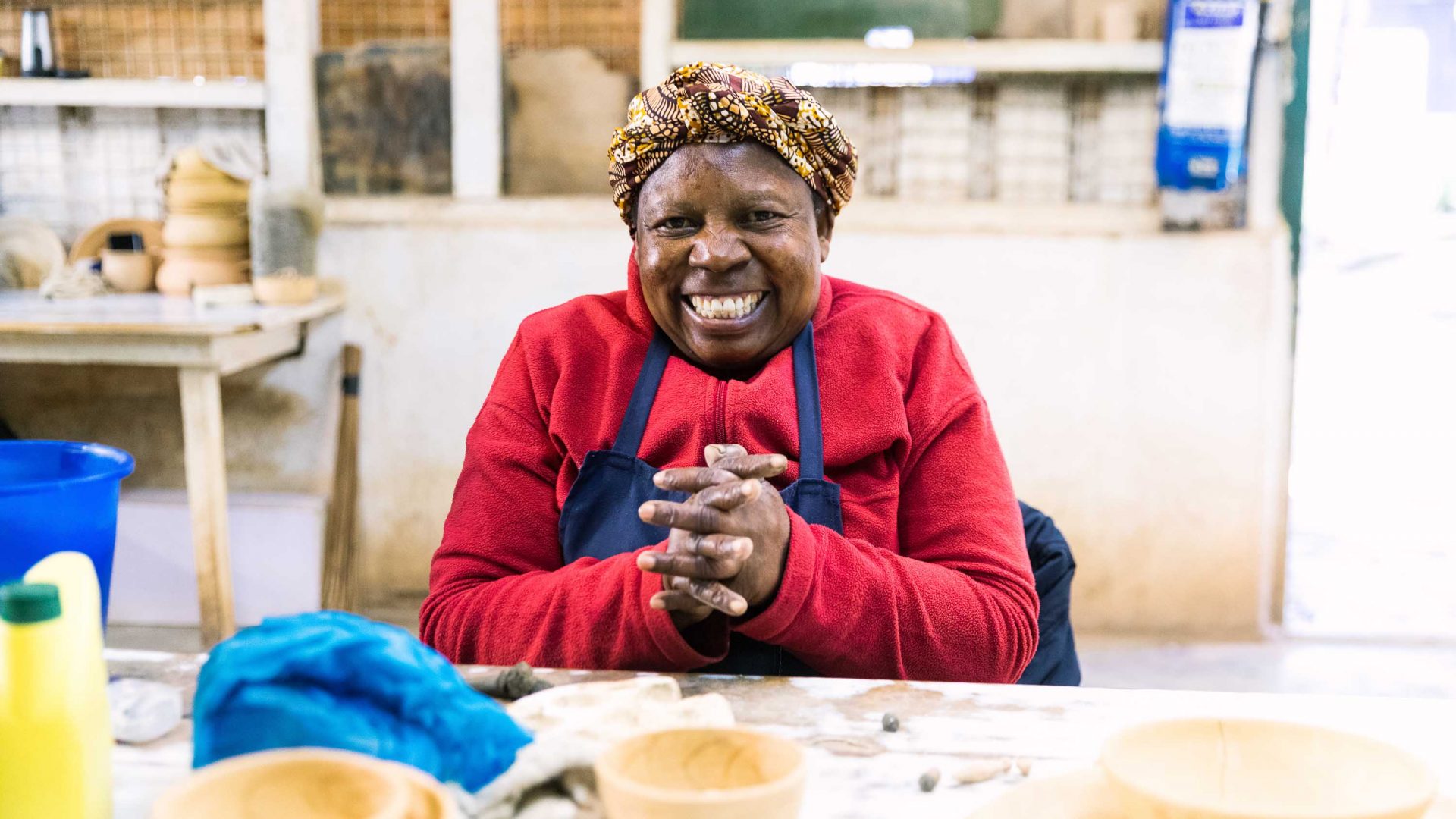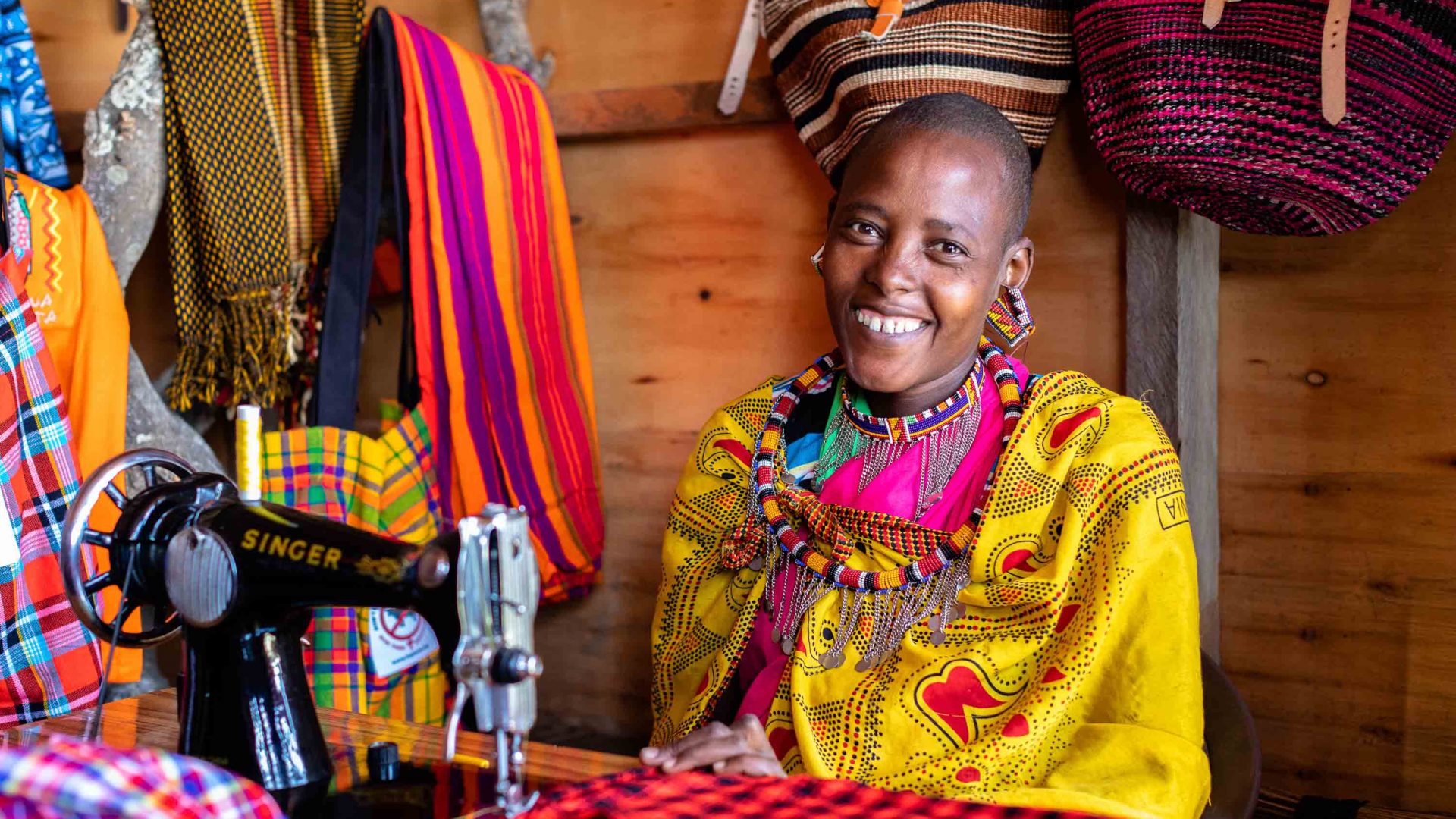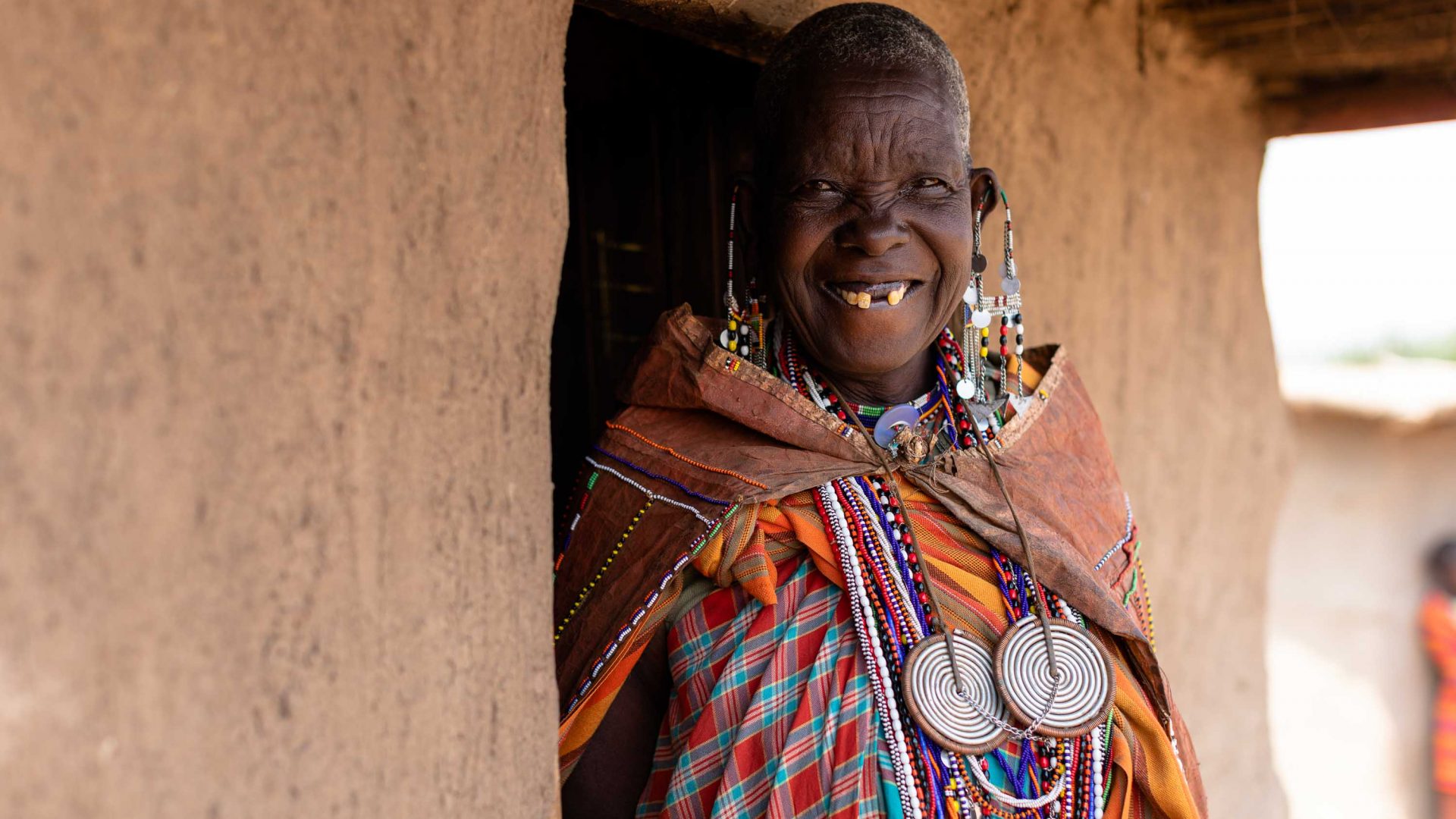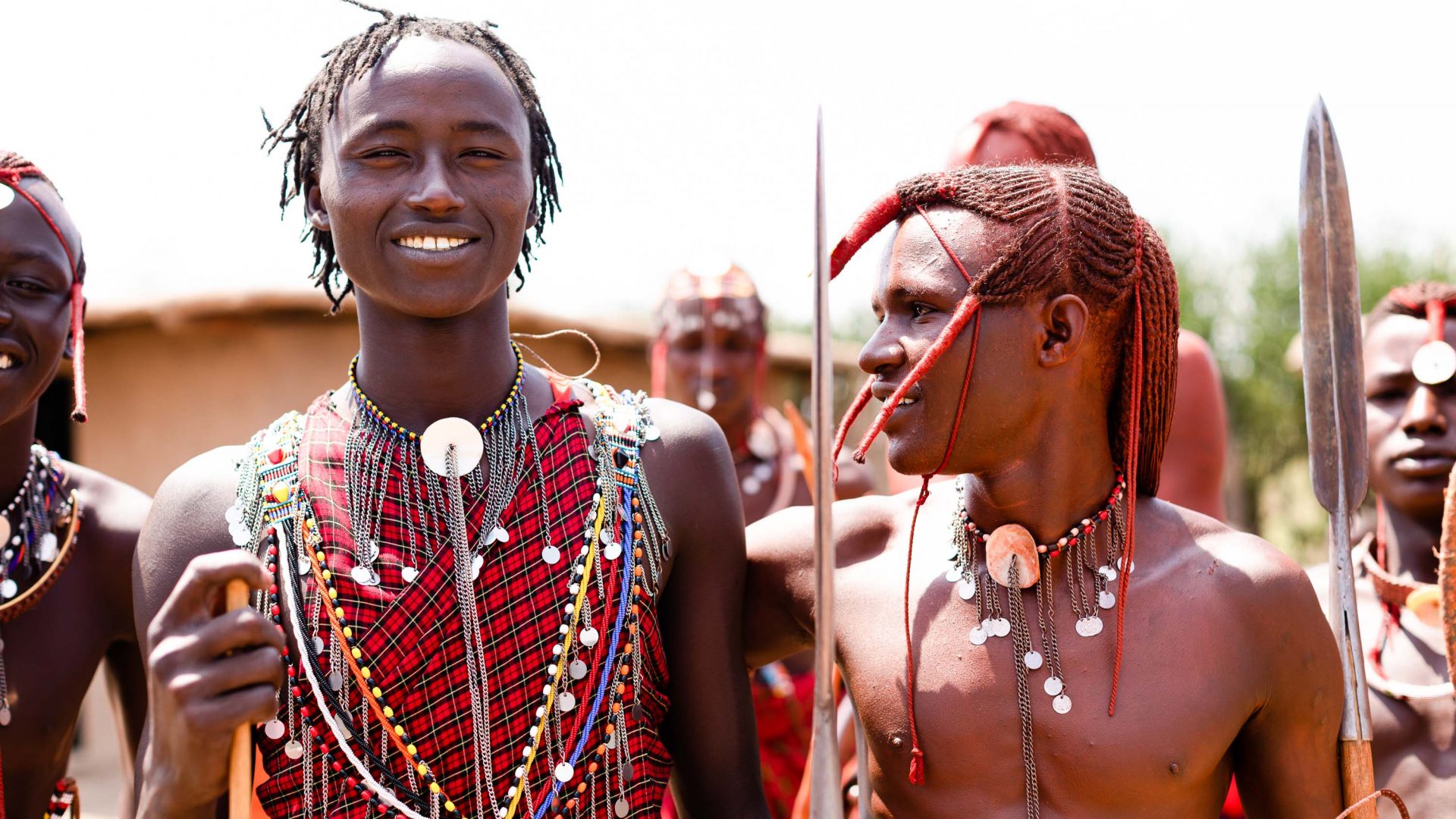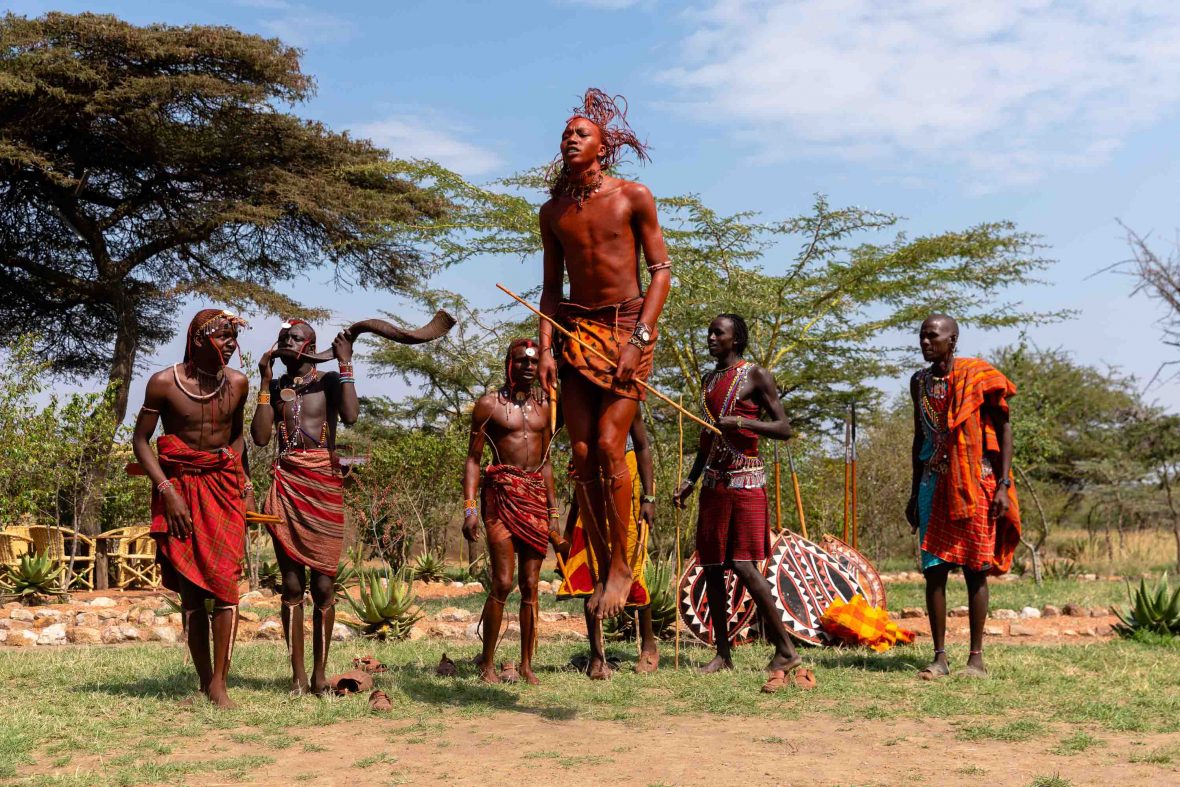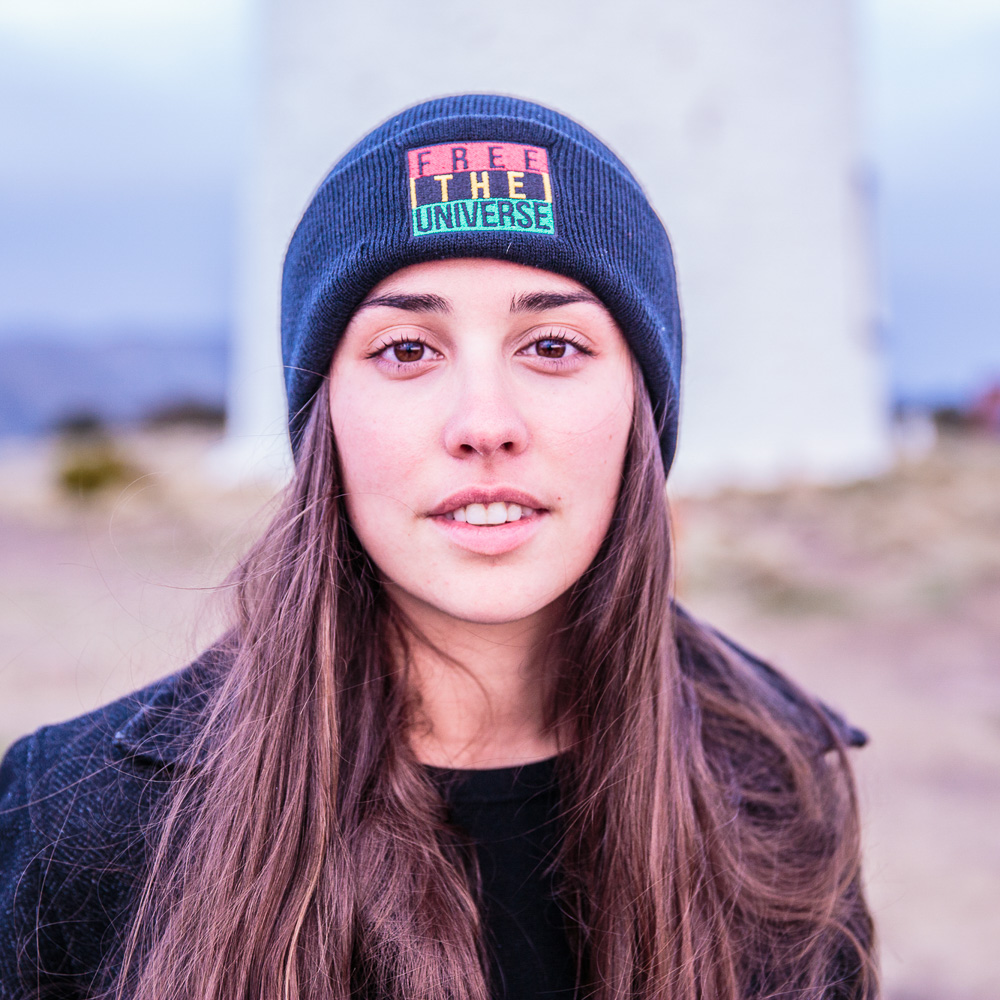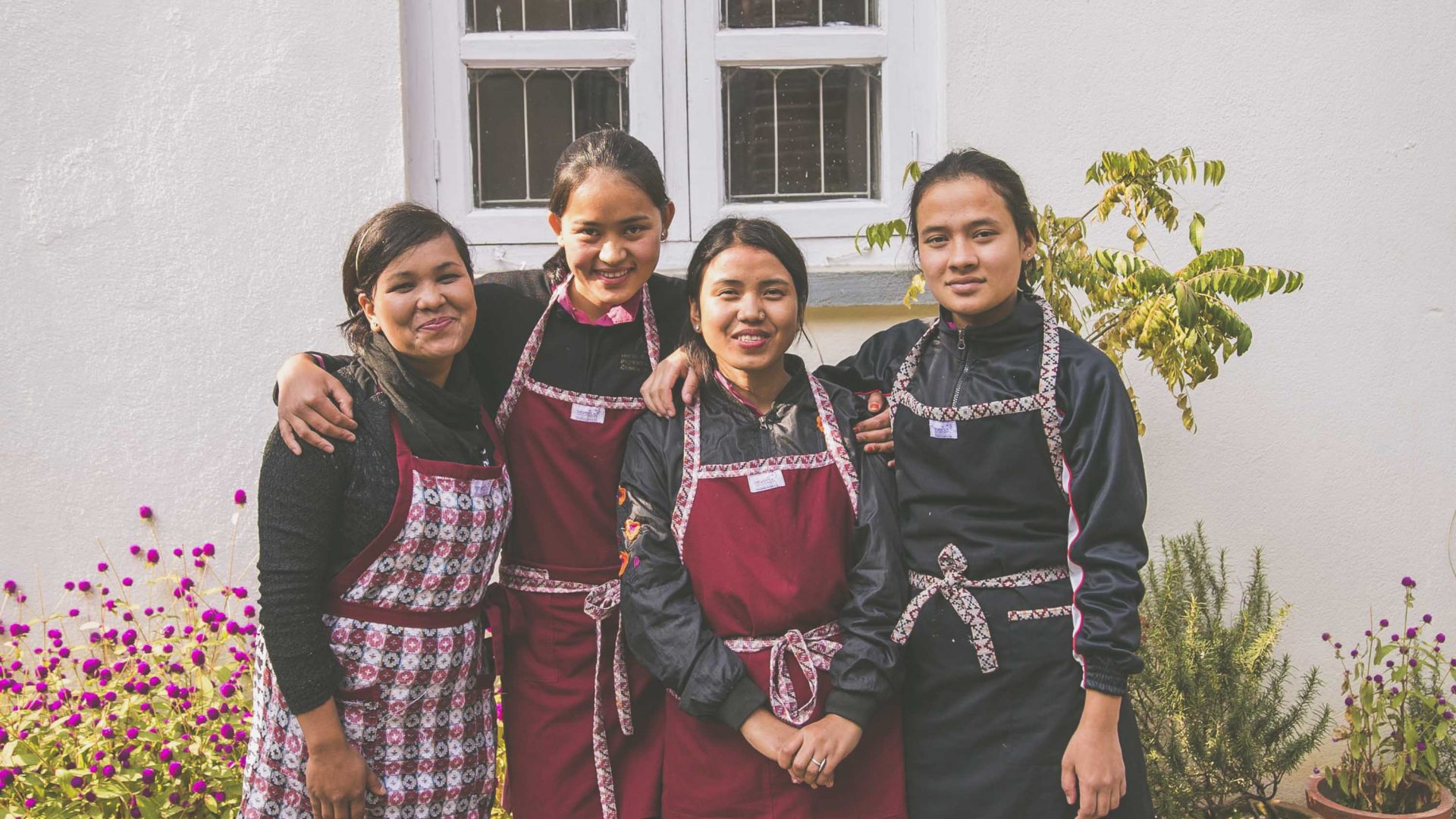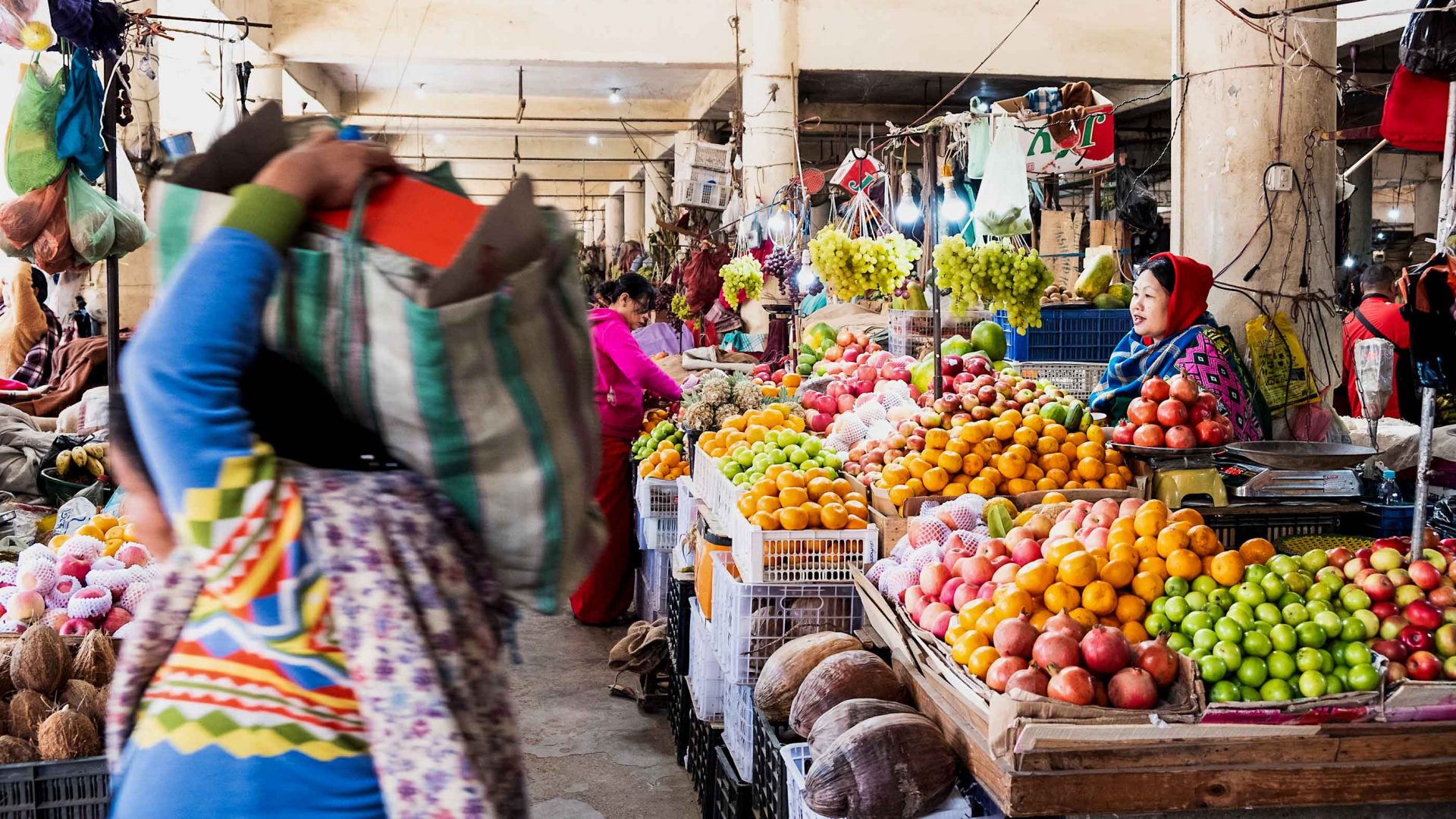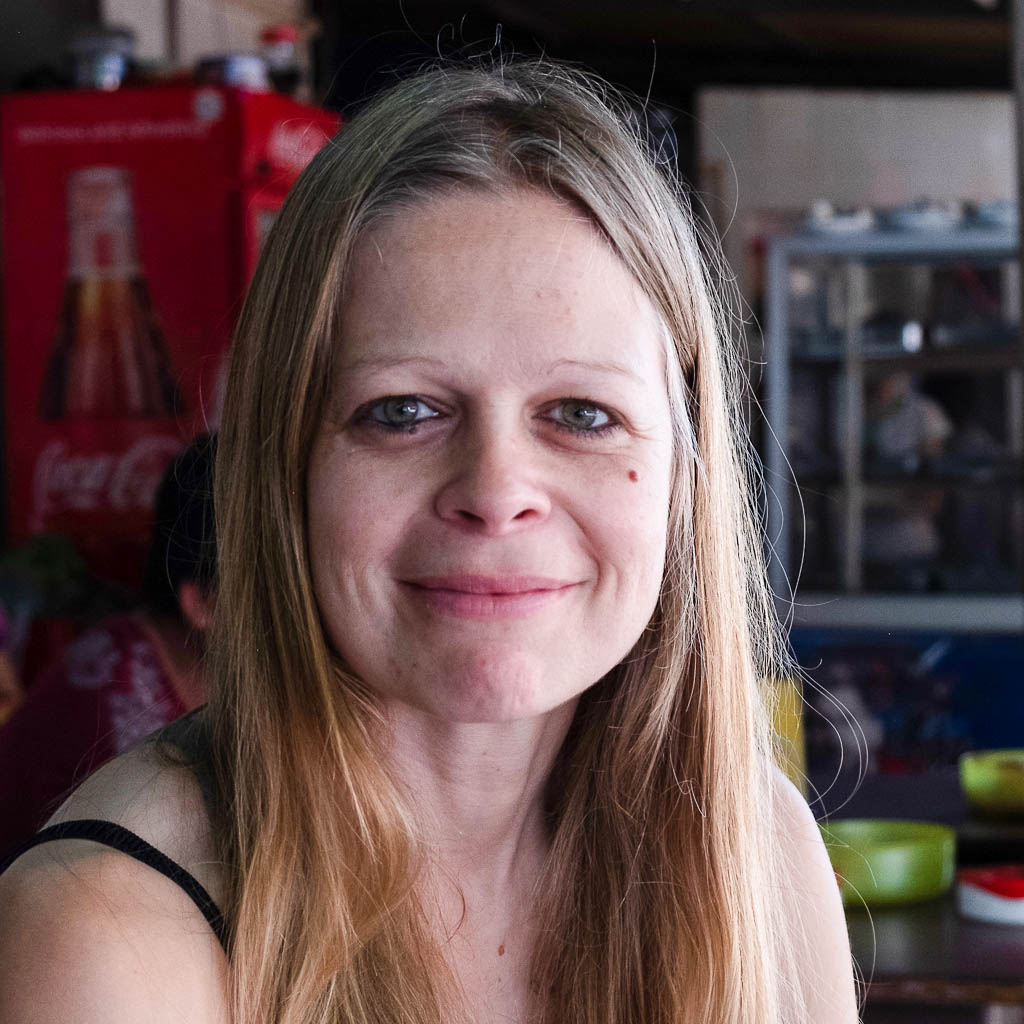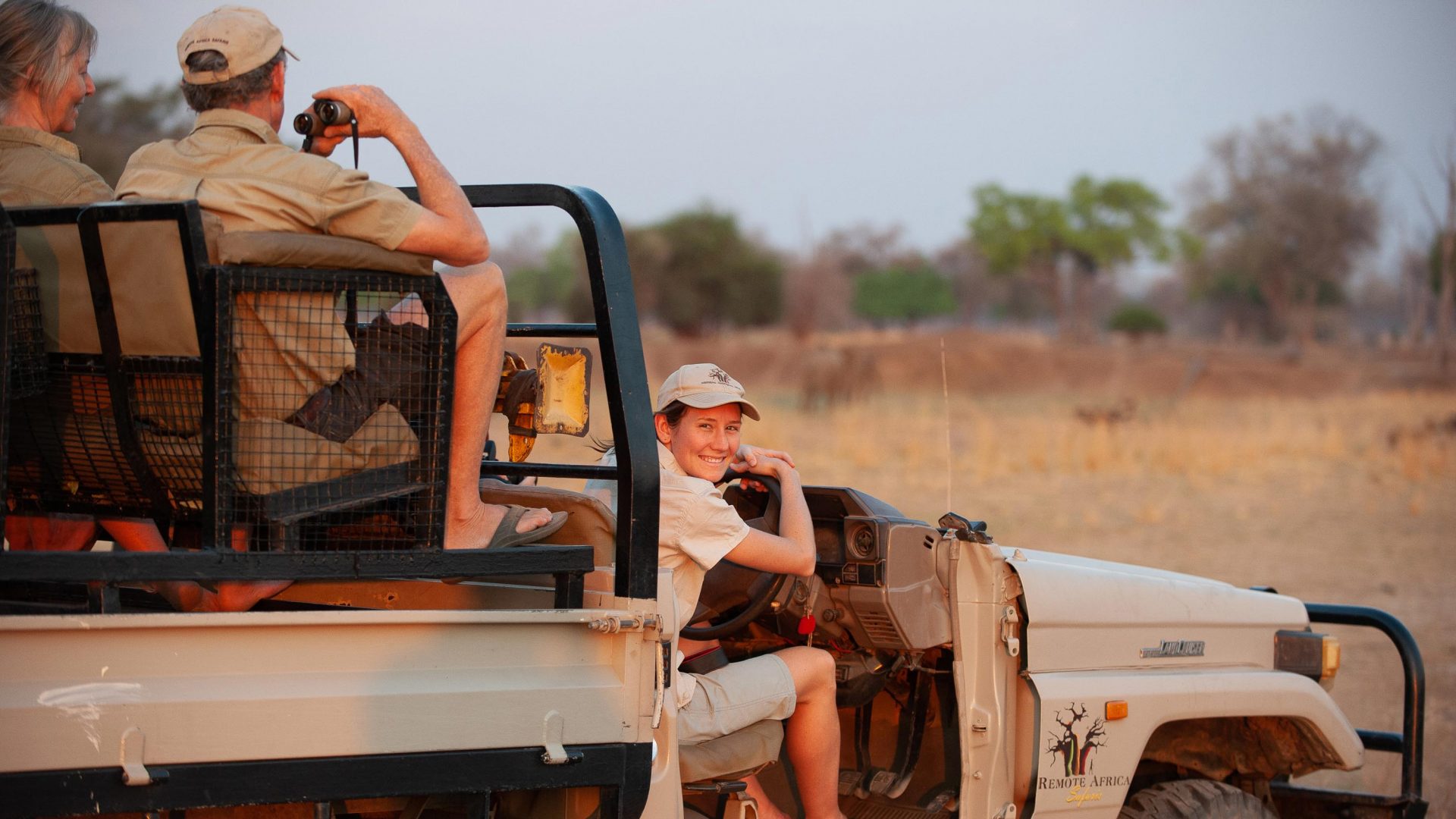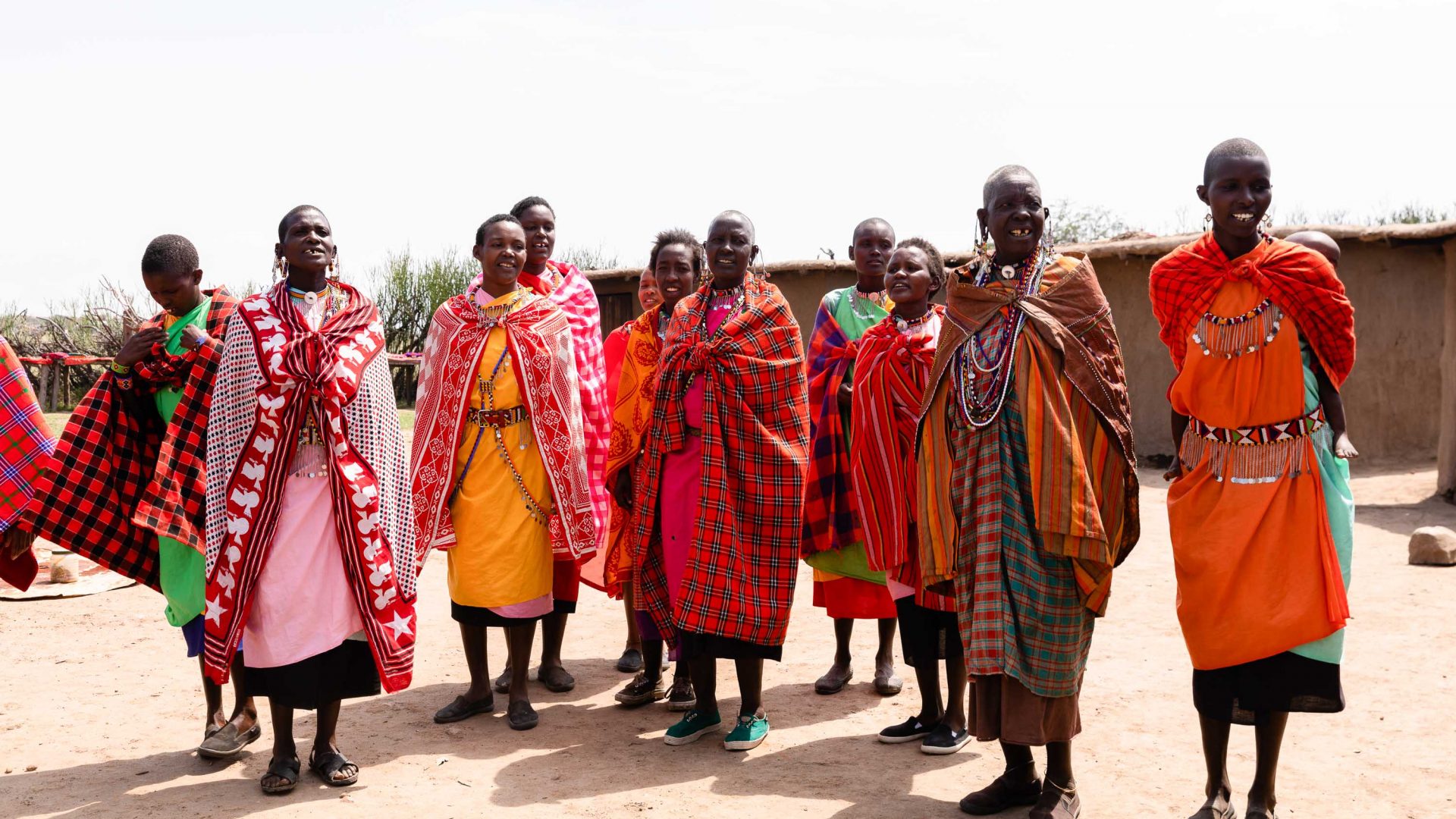

Giving girls an education—instead of being sold as a bride for 10 cows—is what motivated Hellen Nkuraiya, herself a child bride, to start a school in Kenya’s Maasai community—even amidst public and family disapproval. Lisa Scott meets her.
As our large white truck rumbles up to the manicured entrance of Tepesua village in Kenya’s Loita Plains, our group of female travelers are greeted by a line of young Maasai warriors wielding spears and shields.
They are a striking crew, decorated with elaborate beaded jewelery, traditional Maasai fabrics and red ochre pigment.
Yet nothing quite says fierce like our five-foot host Hellen Nkuraiya who founded this village to save young girls from female genital mutilation (FGM).
